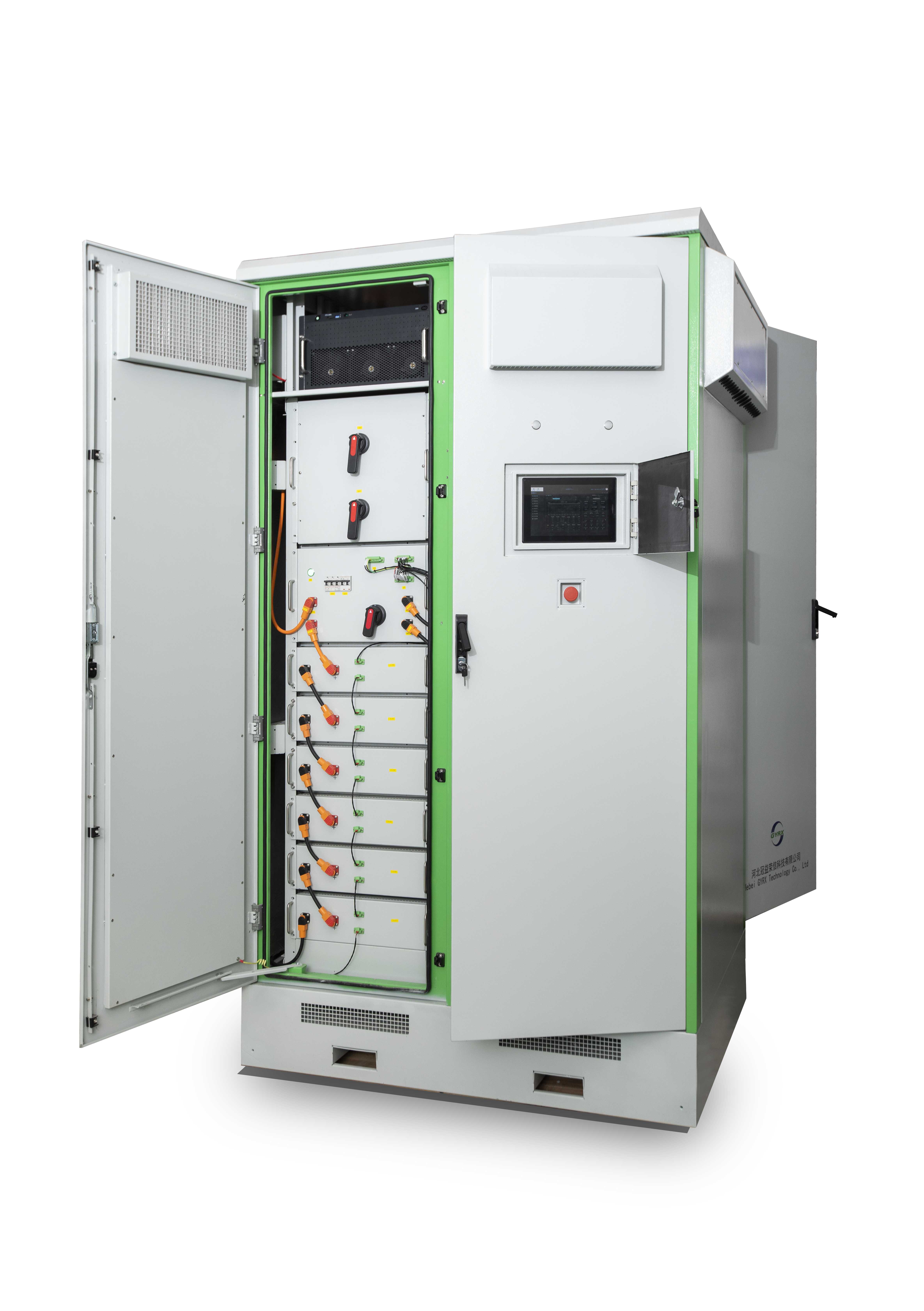
Novemba . 27, 2024 16:49 Back to list
Reliable Home Backup Power Solutions for Continuous Energy Supply
Understanding Home Uninterruptible Power Supply (UPS) Systems A Comprehensive Guide
In today’s fast-paced digital world, ensuring the continuous availability of power is critical for both individuals and businesses. A Home Uninterruptible Power Supply (UPS) system serves as a vital component in safeguarding our electronic equipment, providing a seamless flow of power during outages or disturbances. This article delves into the significance, types, benefits, and considerations when choosing a home UPS system.
What is a Home UPS System?
A Home UPS is a device that provides backup power to various electrical devices when the primary power source fails. Unlike regular generators that may take time to start and supply power, a UPS provides instantaneous power, which is essential for electronic equipment that requires a steady voltage. It accomplishes this through built-in batteries that kick in the moment an outage occurs, ensuring that your devices continue to operate without interruption.
Types of Home UPS Systems
There are several types of UPS systems available on the market, each catering to different needs
1. Standby UPS This is the most common type for home use. It’s relatively affordable and is designed to provide power during outages by switching to battery power when it detects a failure.
2. Line-Interactive UPS This system provides better protection against surges and sags. It continuously adjusts the voltage level using an automatic voltage regulator (AVR) and switches to battery power when needed.
3. Online UPS For those with critical electronic equipment, an online UPS offers the highest level of protection. It converts incoming power to DC and then back to AC, ensuring a consistent power supply without fluctuations.
Benefits of Using a Home UPS
1. Protection from Power Outages and Surges
One of the primary advantages of a UPS is its ability to shield connected devices from unexpected power failures. Whether due to weather conditions, grid failures, or maintenance activities, a UPS keeps your devices operational. Additionally, it protects against power surges that can damage sensitive electronics.
2. Data Protection
For many individuals working from home, data loss can have significant consequences
. A UPS allows for graceful shutdowns of computers and other equipment in case of a power outage, reducing the risk of lost work and corrupted files.home uninterruptible power supply product

3. Enhanced Equipment Longevity
Frequent power fluctuations can shorten the lifespan of electronic devices. By providing a stable power supply, a UPS can help extend the life of computers, TVs, and other sensitive devices.
4. Peace of Mind
Knowing that you have a reliable power backup solution provides peace of mind. Whether during a storm or in areas with unreliable electricity, a UPS ensures that your essential devices remain operational.
Factors to Consider When Choosing a UPS
When selecting a UPS for your home, keep the following factors in mind
1. Power Capacity Every UPS has a specific power capacity measured in volt-amperes (VA). Calculate the total wattage of all devices you wish to connect to the UPS to determine the appropriate capacity.
2. Battery Runtime Different UPS systems provide varying runtimes. Consider how long you need your equipment to stay powered during an outage. Higher-capacity batteries will offer longer runtimes.
3. Form Factor UPS units come in various sizes. Choose one that fits well in your designated space while ensuring accessibility for maintenance and monitoring.
4. Number of Outlets Ensure that the UPS has enough outlets for all your devices. Some models also feature USB ports for charging other devices.
5. Features Look for additional features such as LCD displays for monitoring battery status, software for auto-shutdown, or network management capabilities if connecting multiple devices.
Conclusion
A Home Uninterruptible Power Supply (UPS) is an invaluable investment for anyone reliant on electrical devices, providing protection and peace of mind in an increasingly digital world. By carefully considering your power needs and understanding the types of UPS systems available, you can select a UPS that effectively safeguards your home electronics against the unpredictability of power outages and fluctuations. In doing so, you ensure a seamless digital experience, no matter the circumstances.
-
Intelligent Energy Management with GPT-4 Turbo AI Optimization
NewsAug.03,2025
-
Advanced AI Energy Management with GPT-4 Turbo
NewsAug.02,2025
-
AI-Powered EMS with GPT-4-Turbo | Efficiency Boost
NewsAug.01,2025
-
Optimized Storage System for GPT-4-Turbo | High Performance
NewsJul.31,2025
-
AI Energy Management System w/ GPT-4 Turbo Efficiency
NewsJul.31,2025
-
High-Performance Energy Storage System for Reliable Power Solutions
NewsJul.30,2025























